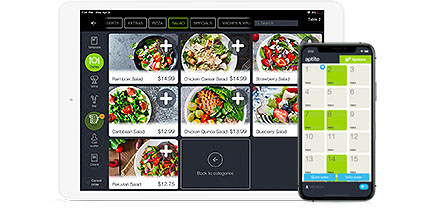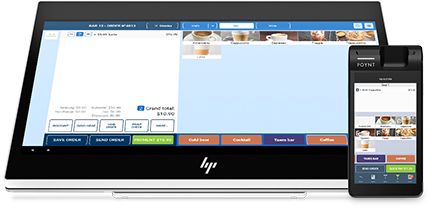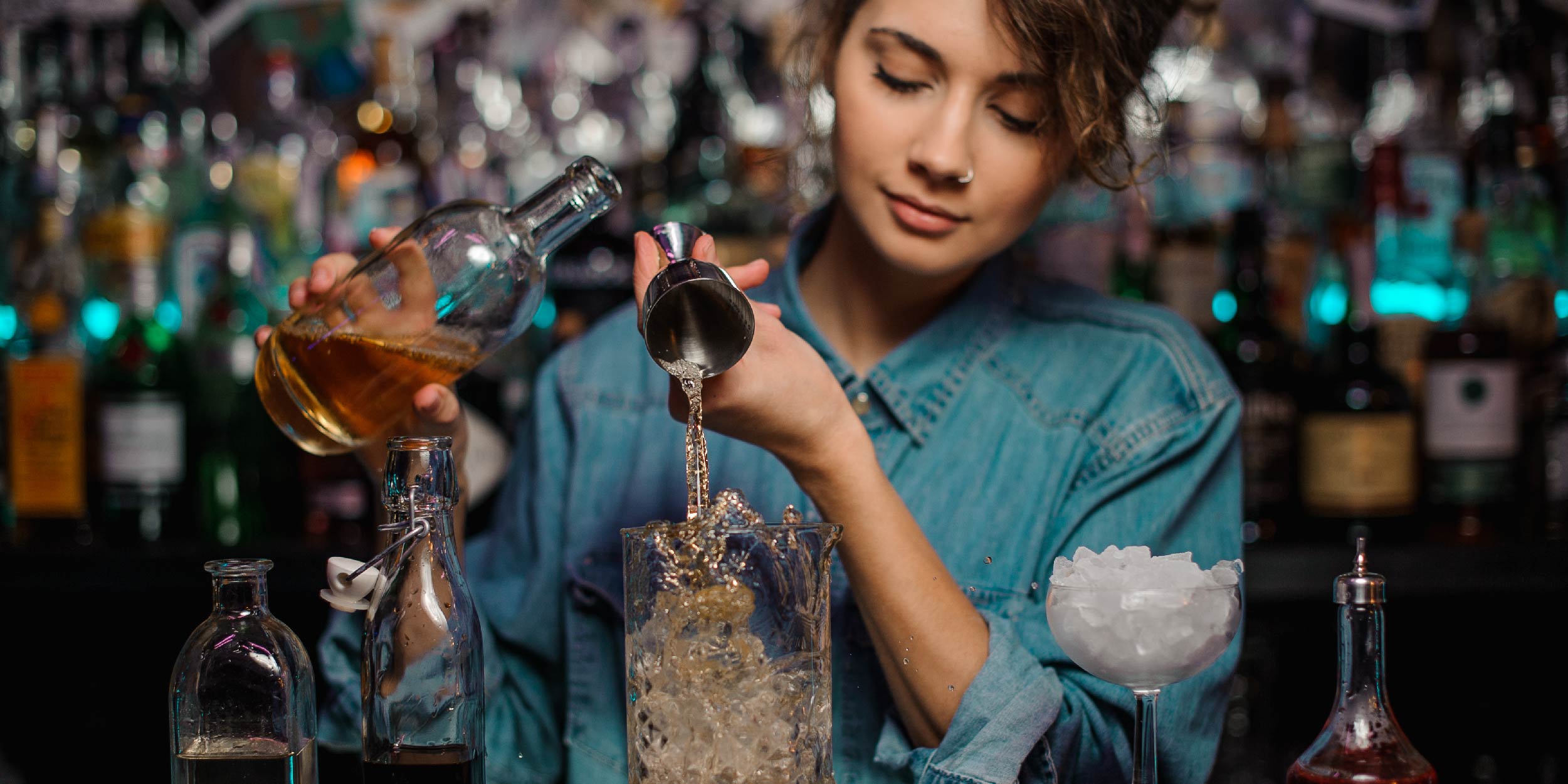
Eight Essential Steps to Becoming a Great Bartender7 min read
Becoming a bartender is about a lot more than just learning how to mix great drinks. The role requires specific skills and even certifications, depending on state and local requirements.
Luckily, the bartending profession is booming in the U.S., with over 610,000 people currently employed as bartenders and another 15,100 expected to join the profession before 2026, according to the Bureau of Labor Statistics (BLS).
To help those interested in becoming a bartender, we’ve outlined the necessary skills and steps below, so you can determine yourself if the profession is the right fit for your interests, time commitments and career goals.
Required Skill Set
- Physical Fitness – Bartenders often stand for their entire shift — up to eight hours. A person looking to become a bartender must be capable of standing, bending and walking for hours on end. Of course, comfortable no-slip shoes can help a lot, but the fact remains that if you can’t or don’t like standing for long periods of time, then this may not be the job for you.
- Conversation Skills – Good bartenders can keep easy conversation and make it seem like they’re interested in your day, your life and your drink preferences. While they well might be, they also have honed the ability to maintain pleasant, easygoing conversation, whether they like the person they’re speaking to or not. Having those conversational skills is crucial in every customer interaction, as it keeps patrons keen to keep talking, keep staying and keep buying more drinks.
- Attention to Detail – Much of a bartender’s job is to recommend and mix drinks. While mixing, it is key that the bartender has excellent attention to detail. Other than pouring the right mixes to make the drink taste delicious, it is also crucial not to overpour alcohol. Continually overpouring leads to greater alcohol bills for the employer and is a quick way to get scolded or fired.
- Taste Profiling – Along with mixing drinks, bartenders also need to know taste profiles. This is important because when customers ask for a recommendation of a similar drink or taste, then the bartender needs to draw from their taste profile knowledge to make a good recommendation. A bartender who can recommend new drinks that a customer actually likes, and even better — loves, is going to potentially gain a regular patron, for both themselves and the bar.
- Strong Eye Contact – A big part of conversation is making strong eye contact. Not only does it signal interest and confidence, but it is crucial to stand out as a memorable bartender.
- Emotional Stability – Bartending is often about much more than just recommending or mixing drinks. A bartender often needs to respond in a calm, measured way to whatever customers may say. This is also important during times when a bartender must say “no,” such as to a drunk person who needs to be cut off.
- Basic Math – This skill goes hand in hand with attention to detail. When taking orders and mixing drinks, it’s often a game of remembering how much of what liquid goes where and to which customer. Keeping the tallies all lined up in your mind and having basic math skills will help you speed up the process significantly.
Become a Bartender in Eight Essential Steps
If you’re confident you have the required skills to become a bartender, read on for eight essential tips and steps you need to get started:
1. Meet the Minimum Age Requirement

The minimum age requirement for bartending in the U.S. varies from state to state. Some states allow those who are 18 years old to bartend in on-premise establishments such as restaurants, while others keep it to 19, 20 and 21 years old.
This article is a great resource if you’re looking for further information on the minimum bartending age in your state. This is a good thing to check before considering becoming a bartender because depending on your age, you might have a few years — or no years! — to wait.
2. Check for Required Courses
No, we’re not talking about bartender school (more on that in the next step). Instead, this step is about the courses that local and state authorities may require bartenders to complete.
Usually, these courses may be about responsible serving, including information on identifying fake ID cards, the ins and outs of Blood Alcohol Levels (BAL), serving alcohol to minors, and other alcohol-related issues. These courses may be available in-person or online or both, depending on location.
Additionally, some states may require that bartenders under 21 complete necessary special beverage server training. Check your local city and state requirements for any required bartending courses.
3. Think Twice Before Going to Bartending School
There are two sides to this step — those that recommend it and those that don’t. It’s largely up to the potential bartender themselves to decide whether or not to go to bartending school, more so than any rules requiring it.
Of course, bartending school will teach you how to make the classic cocktails, the bartending lingo and general bar rules. On the other hand, some bartenders argue that the profession is more about experience and practice, rather than school learning.
Plus, every bar has its own rules so many of those learned in a school may be completely irrelevant once you start your job. The decision is optional, and up to you.
4. Memorize the Classics

Every bartender worth their salt knows how to make the classic cocktails, at least as a starting point.
Around the world, the top classics from 2018 were Old Fashioned (1st place), Negroni (2nd place), Whiskey Sour (3rdplace), Dry Martini (4th place) and Daiquiri (5th place), according to Drinks International. Make sure to check out the Drinks International report to see the other 45 favorite classic cocktails from 2018.
5. Learn Bartending Lingo
Another thing you can do before applying for jobs is to learn bartending lingo. In this, Google and YouTube are your friends. Soak up as much knowledge as you can and get ready to use it or lose it depending on whichever bartending environment you get placed into.
Remember that not all lingo is appropriate or even exists everywhere. Much like accents, a lot of regional lingo will be something you learn from experience.
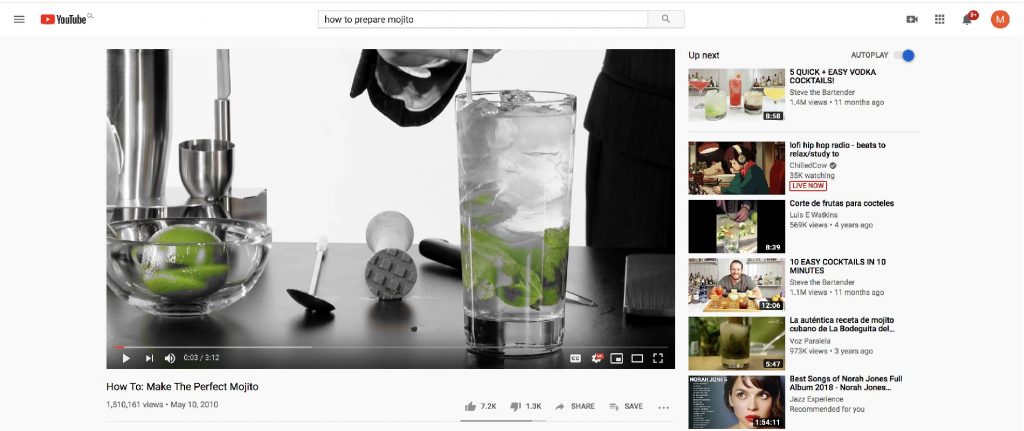
6. Barback for Experience
Speaking of experience, the best way to learn local lingo and get hands-on experience is to apply to be a barback. Barbacks generally aid bartenders by replacing bottles, kegs and ingredients, all while helping to keep the bar and accoutrements clean. It’s a great way to earn experience from local bartenders while also earning a bit of cash.
7. Practice on Your Own
The second-to-last step before applying to be a bartender is to practice. Practice a lot. Buy some of the basic bartending equipment and start to mix the drinks on your own.
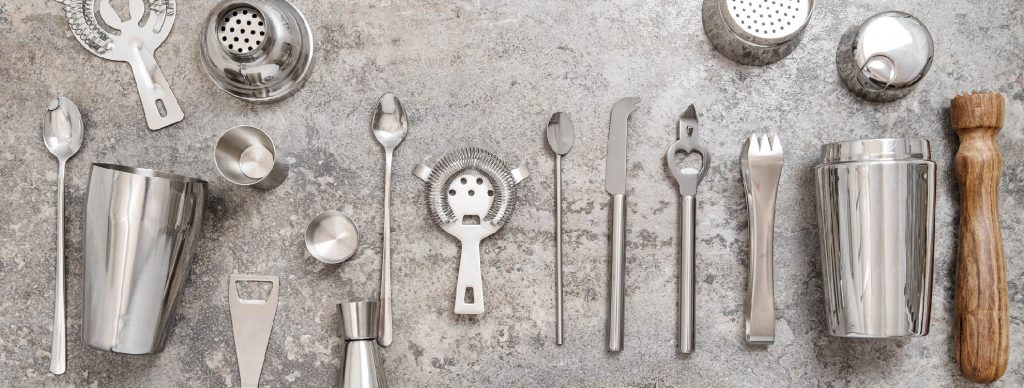
Practicing again and again until you have the portions and order memorized and the process sped up is a great way to start your bartending career hitting the ground running.
While a lot of the skills and experience can be gained on the job, no one wants to wait extra time when it can be avoided. Also, getting the classic drinks under your belt means you can spend less time worrying while you make the drink and more time conversing with customers.
8. Get Hired
The last step is to start your application process. Just like any other job, you need to prepare a resume with your name, contact details, skill set, languages, education, work experience and references.
Do not “pad out” your resume with inflated details. Bartenders tend to know other bartenders and they may easily spot what you’ve done. Instead, present your best attributes, both in your resume and whenever you have an interview.
Make sure to research the place of your interview and dress appropriately. Also, look up their cocktail list and make sure you know at least a few of them. Show up early and answer their questions with strong eye contact and a friendly demeanor.
Let your personality shine through. After all, your personality is a big factor in whether or not they hire you.
Sources:
Alcohol Problems and Solutions, “Minimum Age for Bartending: Bartender Age Laws by State”
Bureau of Labor Statistics, “Bartenders: Summary”
Drinks International, “The World’s Best-Selling Classic Cocktails 2018”

